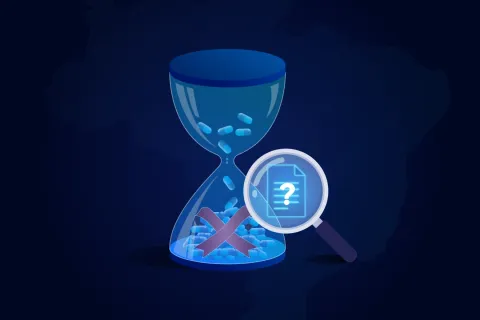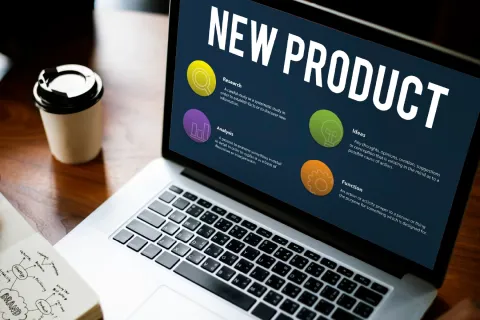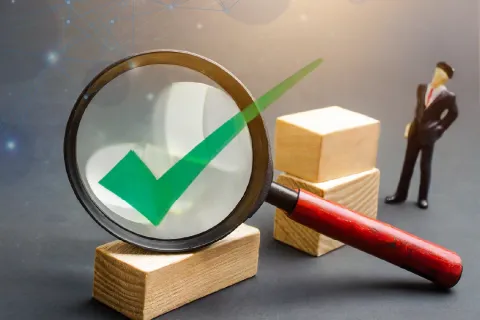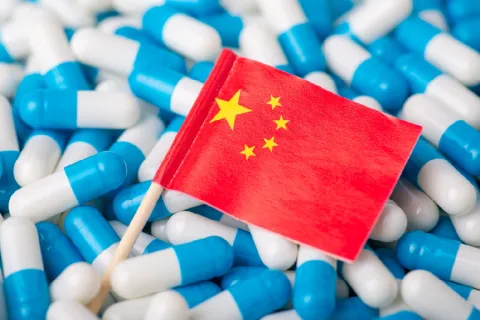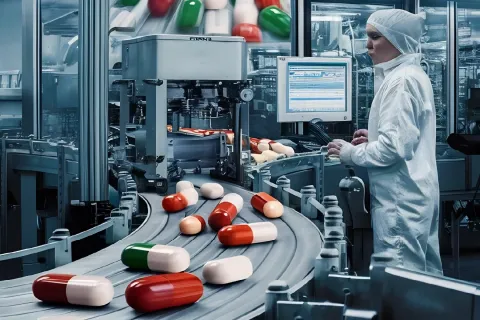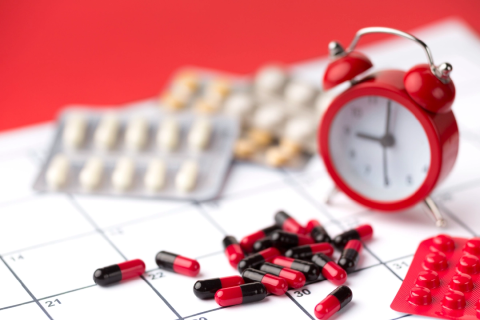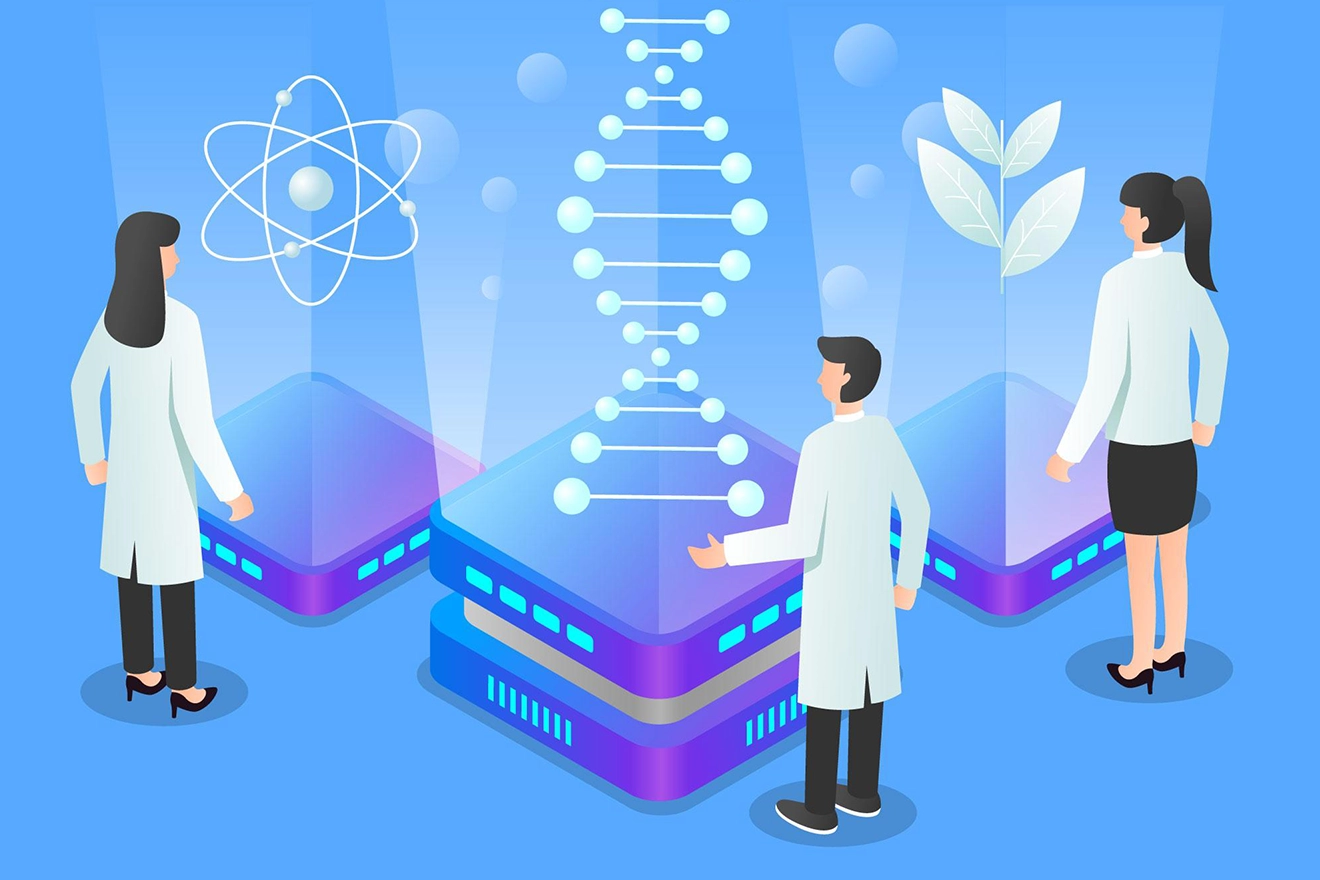
In the pharmaceutical industry, AI is rapidly evolving, and Regulatory Affairs is no exception to this. The use of Artificial Intelligence in Pharmaceutical Regulatory Affairs is still at a very early stage, but it is transforming the whole Regulatory landscape in the Pharmaceutical Industry.
AI’s Impact on Regulatory Affairs
AI in Regulatory Affairs has gained popularity due to its capacity for data exploration and its ability to adapt without any practice sessions. When integrated into Regulatory Affairs, AI can help professionals stay updated on the latest industry trends and has the potential to enhance drug discovery. It aids drug development by automating tasks, identifying new opportunities, and improving decision-making processes.
Limitations and Challenges
Artificial Intelligence in Pharmaceutical Regulatory Affairs has several advantages, but it also presents a few limitations and challenges. The output generated from AI needs to be cross-checked and validated at every stage. For example, evaluating new endpoints for clinical effectiveness that are generated using AI technologies is crucial.
Moreover, Artificial Intelligence in Drug Discovery and Development has also made some impact. AI can accelerate the identification of promising drug candidates by automating procedures.
Regulatory processes are often time-consuming due to their complexity and the constantly evolving landscape. The traditional Regulatory process is slow. In several areas, AI has already been applied. Combining AI with human intelligence can maximize the time for strategic planning of Regulatory approvals and can also minimize the risk of errors. Human checkpoints, when integrated with AI technology, can significantly streamline the Regulatory process.
AI in South Korea's Healthcare Innovation
When it comes to AI in South Korea, the country has taken a significant step by releasing the South Korea AI Roadmap, a comprehensive five-year roadmap to integrate AI in healthcare, aiming to harness innovation to improve the health of its citizens. The AI healthcare market in Korea is expected to grow at 50.8% in the period 2023-2030. The Ministry of Health and Welfare intends for the plan, extending to 2028, to strengthen support for AI R&D in essential health care and new drug development while advancing medical data usage systems for safe application.
Details of Roadmap
The focus of the South Korean government under this roadmap is to expand AI and R&D, particularly in healthcare, serious diseases, emergency care, and cancer. AI will also enhance communication between physicians and patients to increase the convenience of treatment.
The roadmap will also support the use of AI in new drug development/AI in Drug Development, including drug discovery and clinical R&D, as well as boost AI-based digital therapeutics and cutting-edge medical devices.
A platform will be proposed to enable AI researchers and companies to conveniently access health and medical data.
The plans for boosting the use of AI across the new drug development process include:
- Drug Discovery: By applying Artificial Intelligence in Drug Discovery, the project seeks to accelerate drug development by sharing the results of AI algorithms without combining the data. This will allow different AI models to be developed for finding drug candidates. Around 20 pharmaceutical companies, universities, and research institutes will work together to learn more about these models and test them.
- Clinical trial: The aim is to expand the use of AI in clinical trials by applying it in different trial stages. AI will help in the selection of the right patients for trials and predict the chances of success in different trial stages.
- Test Optimization and Clinical Research: The plan is to use AI to automate the process and enable continuous testing and data analysis. A platform is being proposed that will integrate AI with next-generation clinical research management systems. The platform will support various clinical research activities, making the process more efficient and streamlined.
- Increasing access to health data for AI research: A new platform is being developed to centralize medical data, currently scattered across hospitals and public institutions, making it available to AI researchers and companies. This platform will connect diverse data sources, enabling more efficient use of health information for developing AI technologies in healthcare.
As AI becomes more prominent in healthcare, comprehensive ethical guidelines will be established to ensure responsible use in the healthcare sector.
AI is revolutionizing the pharmaceutical industry, particularly in Regulatory Affairs. By harnessing the power of AI alongside human expertise, Regulatory processes can become more efficient and streamlined. Explore how our AI-driven solutions can enhance your Regulatory processes.
Contact us today to explore how AI and our Human expertise can revolutionize your Regulatory processes while ensuring Regulatory Compliance with Ministry of Food and Drug Safety (MFDS) requirements! With our comprehensive Regulatory Services in South Korea, we aim to help you succeed in South Korea’s pharmaceutical Regulatory landscape.
